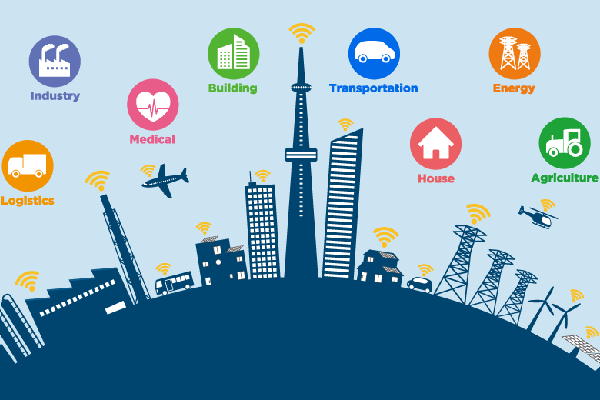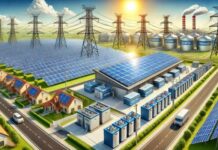In the modern era of globalization, cities are becoming smarter, more liveable, and to a great extent, responsive when it comes to integrating technology. Today, cities are moving beyond the pilot stage and are using data and digital technologies. This is to deliver more relevant and meaningful services to the residents. This approach is broader than just implementing digital interfaces in traditional infrastructure or streamlining city operations. Today, we are just seeing a preview of what technology can eventually do in urban environments. With more people migrating to cities, the need for an innovative and sustainable environment is increasing. As per the World Bank reports, about 70-80 percent of people will be living in the cities by 2050. This will undoubtedly lead to increased carbon emissions in those regions.
Technology:
As technology constantly evolves, it brings new opportunities and benefits for cities worldwide to create a more sustainable future. These opportunities are improved public safety, reduced environmental footprint, and operational efficiency, which can help improve city operations. As smart city development takes place through data driven tools, we can only look at it from a technology perspective. The more a city becomes smarter, the more actions will be taken based on the captured live data. A smart city should help and deliver all essential services. Further, it is not just be about how much technology is being used to achieve certain goals. For example, installing a million sensors, connecting them, collecting data, and analysing will only help if those data and analyses lead to decisions.
While analysing carefully into the services already deployed in smart cities, it is evident that they were intended to address one aspect of smart cities. However, if we dig deep, we can see that they are multifaceted and deliver value beyond. For instance – A digital health platform for the residents can reduce strain on transportation and real estate (remote health care). This will lead to optimal usage of resources. With advancements in technology, smart cities should be adaptive. Many of the aspects of smart cities might be common. Still, each city will have a personality of its own and specific requirements. So, it will be critical to identify the absolute necessity instead of just deploying something based on its availability. Several layers work together to build a sustainable smart city. A few of them are:
Leveraging innovative technologies for building efficient smart cities:
Cities can deliver a new possibility of connected infrastructure and layers of intelligence. It will continuously learn, adapt, and respond to our individual needs and provide citizen-centered or personalized experiences and services efficiently. Data and technology can be used to make better decisions in various domains of urban life, including security, mobility, health, energy, water, waste, economic development and housing, and engagement and community.
Approach for a wider adoption based on user experience:
In a world of continuous disruption, software adaptability can be achieved with technologies such as cloud computing, AI, ML, digital twins, software-defined networks, smart contracts, and platform business models. Many smart city applications succeed only if they are widely adopted and if they manage to impact consumer behaviour. User experience thus becomes a crucial success factor, and as the public becomes increasingly digitally savvy, expectations for a seamless experience continue to grow. The interfaces themselves need to be engaging and intuitive to bring inclusivity for the customer.
Demand for sustainability and transparency:
Research and studies indicate a direct correlation between quality of life and environmental performance. According to a report by McKinsey & Company[i], cities can use smart technologies to improve vital quality-of-life indicators by 10% to 30 %. These indicators will be critical for economic growth and community health and safety. With a high focus on data, the need for transparency will always be at the forefront unless explicitly removed. It will also aid a platform for comprehensive decision-making rather than just being based on what we have seen or shown.
A smart city can leverage its layers to build a future where they sense, think, collaborate, and respond cohesively to enable citizens to live more fulfilling lives. Advances in technology have had a profound impact on our lives, and smart cities will take us even further, not only with technology but also with the power of communities and data-driven decision-making, implementation and management. Becoming a smart sustainable city is not an end, but a means.It means a more efficient and dynamic response to the wishes and needs of the population or people with sustainability as the centre.
About the Author:

Tinku Malayil Jose is the Director – Technology, Leader of Center of Excellence (CoE), Embedded & Device Engineering at Quest Global.
















